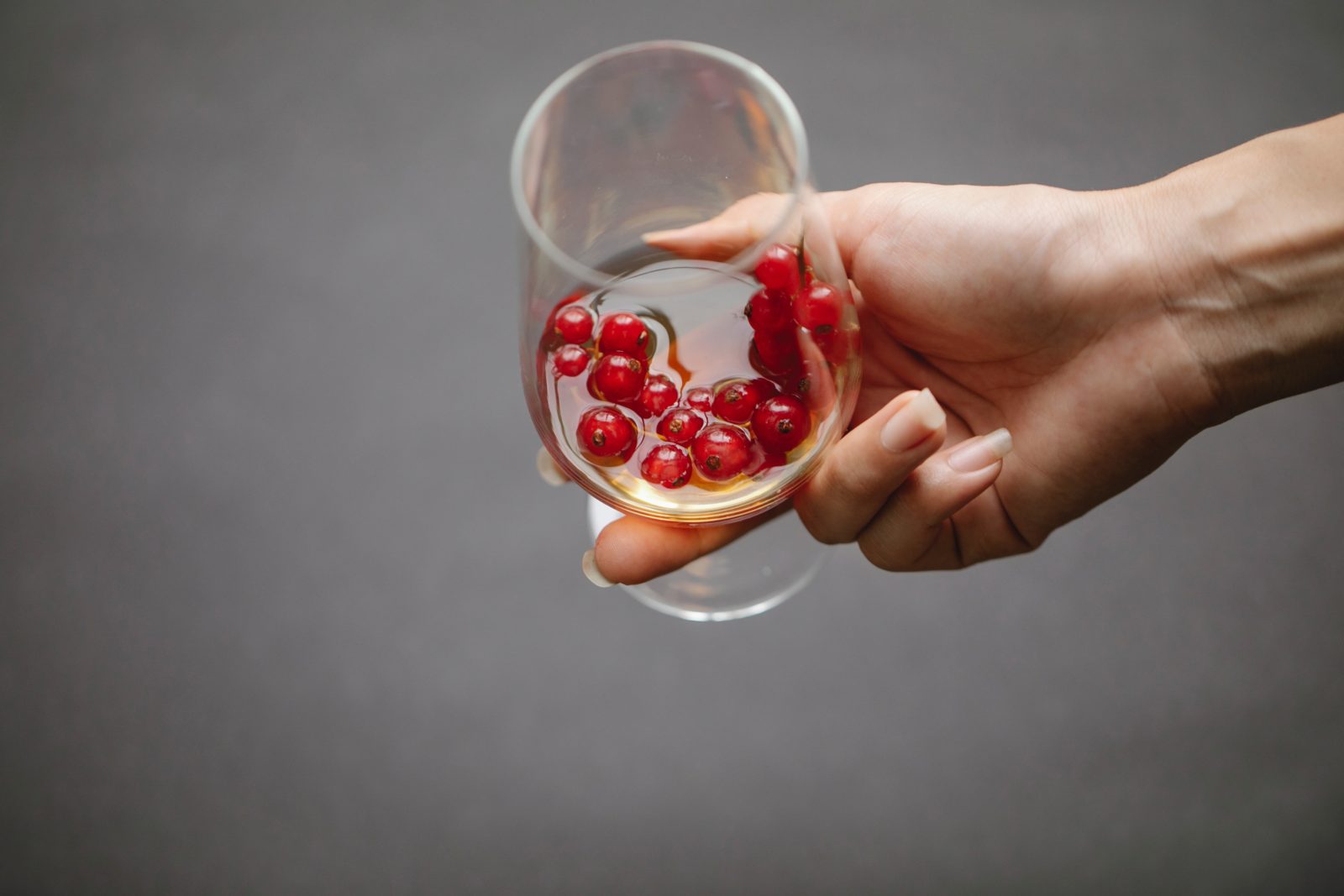The Czech Republic is facing a growing problem with unlabeled alcohol, as unmarked liquor bottles are becoming more common in market stalls and some restaurants. Customs officials have warned about the issue but have not yet found any dangerous mixtures in their inspections. However, they fear that the risks associated with homemade alcohol are being forgotten.
Colonel Petr Müller, the head of the Oversight Department at the General Directorate of Customs, said that their units and inspection teams have had many catches in both establishments and transportation. He noted that this is an intense increase compared to the period after the methanol scandal when everyone was cautious.
The increasing amount of unlabeled alcohol is seen as a problem that is unlikely to improve in the short term. Liqueur and other liquor producers are seeing rising costs, and higher excise tax can play a role, with restaurateurs also struggling with price increases.
The problem is exemplified by a recent inspection in the Prague SAPA market, where 22 liters of unmarked alcohol were found in two stores during a mandatory label check. Colonel Müller explained that it was not a typical stall but a cosmetic shop with liquor next to it. The inspections will continue, and specific numbers will be presented soon.
Unlabeled alcohol threatens consumers’ health, as knowing what is in the bottle can be challenging. Alcohol poisoning is rare but not unheard of. Doctors have seen a few cases of ethanol poisoning at the Toxicological Information Center at the General University Hospital, but they mainly deal with combined poisoning, such as medications and alcohol.
Eleven years ago, during the methanol crisis, doctors observed around 50 people who survived methanol poisoning. After their release from the hospital, they were followed for six more years and underwent various tests, including neurological and eye exams.
The study found that most patients suffered from visual impairment, but the visual functions of patients with mild and moderate poisoning began to improve over time. However, severely affected patients, or about one-fifth of all patients, did not experience any improvement in their visual functions, and in some cases, their visual functions worsened.
Nearly half of all patients with methanol poisoning suffer from damage to neurons in the brain’s deep structures, affecting memory, motor function, and intelligence. This damage can cause Parkinson’s or Alzheimer’s disease.
The methanol crisis, which occurred from 2012 to 2014, was one of the most prominent poisoning cases in the history of the Czech Republic, resulting in the death of 48 people and hospitalization of over 100 individuals. Dozens of people were accused in various branches, and a court sentenced two individuals who mixed toxic substances to life imprisonment.
In conclusion, the increasing number of unlabeled alcohol cases in the Czech Republic is a serious issue that cannot be ignored. The risks associated with homemade alcohol are significant, and consumers should be cautious when purchasing alcohol from unverified sources. It is essential to address this problem to prevent further tragedies and ensure the safety of the people.





